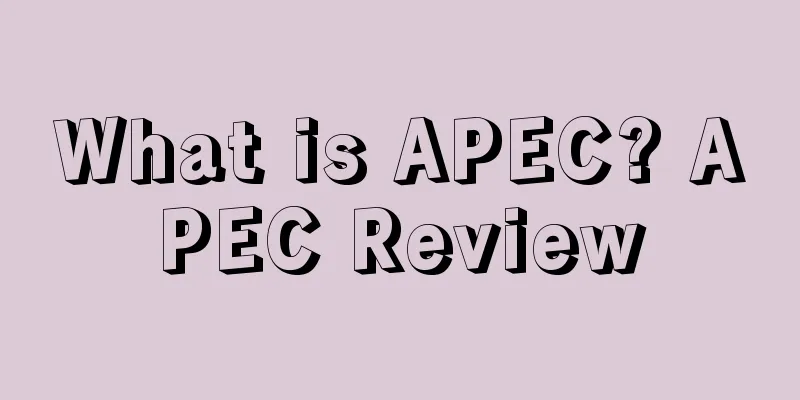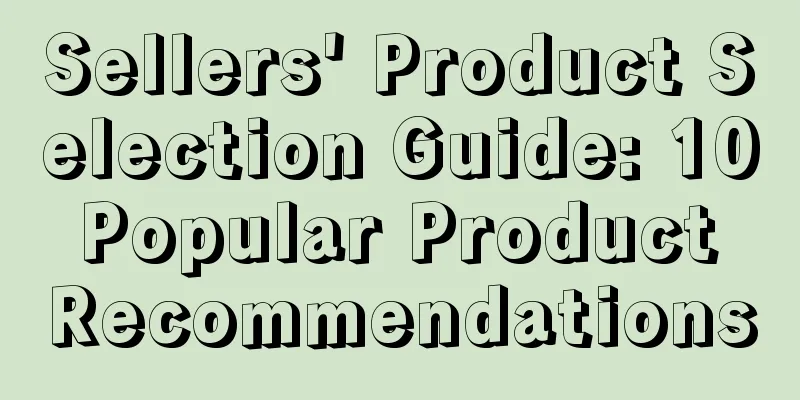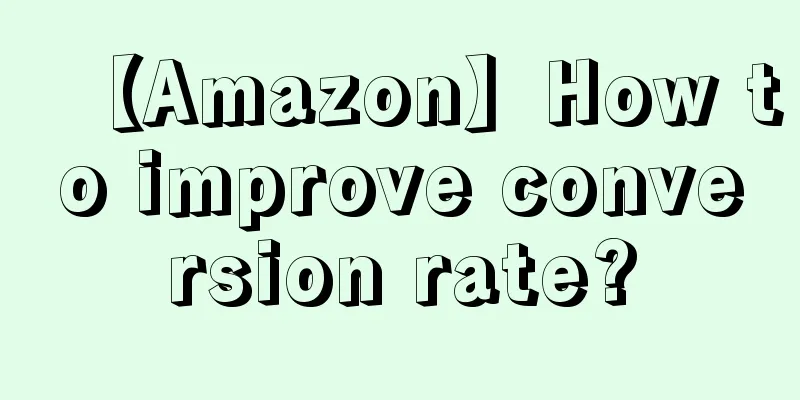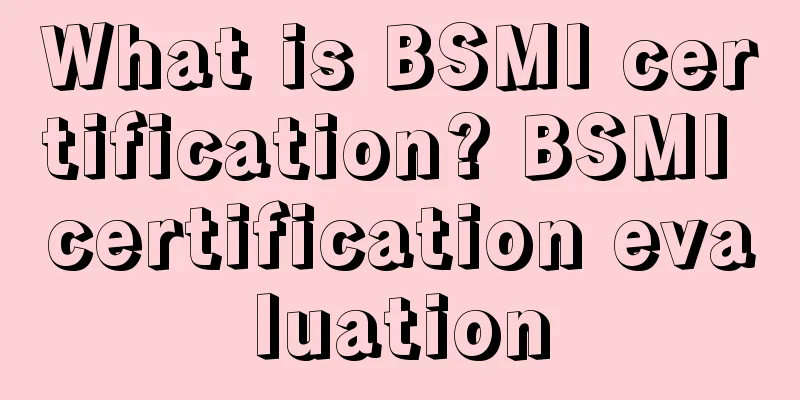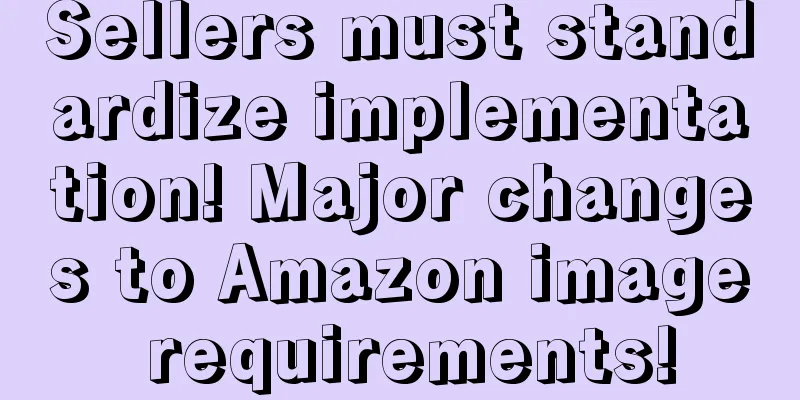The new UK VAT rules have been released and will take effect on January 1, 2021

|
On July 20, the British government issued a policy document "Changes to VAT treatment of overseas goods sold to customers from 1 January 2021".
From January 1, 2021, after the end of the Brexit transition period, the UK government will introduce a new border operation model to process VAT on goods entering the UK, ensure that goods from EU and non-EU countries are treated the same, ensure that UK businesses are not adversely affected by VAT reductions or exemptions on imported goods, improve the efficiency of collecting VAT on imported goods, and solve the problem of sellers outside the UK not paying full VAT on domestic goods.
An OMP (Online marketplace) is an electronic interface (website or mobile application) that facilitates the sale of goods to customers, such as a marketplace, platform, portal or similar website.
1. Cancel the exemption for low-value consignments. That is, consignments of goods with a value of 15 pounds or less will also be subject to import VAT. 2. For goods with an import value not exceeding 135 pounds, the point of VAT collection is transferred from the import point to the sales point. That is, goods with a value not exceeding 135 pounds only need to be declared by customs and no import VAT is required. The following types of consigned goods are excluded:
3. Non-UK sellers who ship goods from within or outside the UK to UK customers and do not have OMP participation need to register and pay VAT. 4. If the OMP is involved in promoting sales, it is responsible for collecting and accounting for VAT. If the OMP is not involved in facilitating the sale and the seller sells the goods directly to a UK customer, the transaction is deemed to take place in the UK and is subject to UK VAT. If OMP is involved in procuring a sale, for VAT purposes OMP will be deemed to be supplying the goods to the customer and will charge UK VAT accordingly. In both cases, the value of the goods for VAT calculation is the price sold to the customer, not the valuation calculated at the time of import.
Applicable to the following products: ① The goods are owned by a non-UK seller ② The point of sale of the goods is in the UK ③ The seller sells the goods to a UK customer through OMP ④ The UK customer is not a VAT registered business When selling goods to customers, non-UK sellers are deemed to be making zero-rated supplies to OMP, which is equivalent to a B2B transaction. Therefore, non-UK sellers need to register for VAT in the UK and can recover the import VAT incurred during the import process if they comply with the VAT deduction rules. Non-UK sellers are not responsible for declaring VAT on sales made through OMP.
Non-UK sellers who do not have a company established in the UK do not have a VAT registration threshold, but are obliged to register for VAT as long as they make sales or hold shares for sale in the UK. 1. Businesses that operate OMPs and facilitate the sale of goods to UK customers. 2. Any business that sells goods directly to UK customers without OMP participation. The point of sale of these goods is outside the UK and the value of these goods when imported into the UK does not exceed £135. If the customer is a UK VAT registered business, upon providing a valid VAT number to the OMP/Seller, the VAT accounting liability will be transferred to the customer and the customer will account for it through a reverse charge mechanism. In this case, the OMP/Seller will not be liable for VAT. 2 If the customer is not registered for VAT, or does not provide OMP/the seller with a valid VAT number at the time of purchase, then the transaction shall be treated as a business to individual sale and OMP/the seller shall be liable for VAT. 3 OMP/Seller is not obliged to actively verify whether the customer is a business or an individual. All sales are assumed to be business to individual unless the corporate customer provides a valid VAT number. The OMP/seller must keep electronic records of the sale for at least 6 years. (Source: Seller Growth Academy) |
>>: Will orders increase?! The United States has a new policy!
Recommend
The US government sued Walmart for violating the privacy of more than 1 million drivers and charged it $10 million in fees
It is learned that recently, the U.S. Consumer Fin...
Attention! Sellers who have received a new warning from Amazon!
text Amazon has recently stepped up its supervisi...
What is Unsplash? Unsplash Review
Unsplash is a free high-quality photo website. All...
Amazon is strictly investigating variant violations, and several listings have been removed!
There are only 5 days left until the official open...
Amazon combines internal and external marketing to create keywords on the homepage
With the rapid development of the Internet, many c...
A full perspective on Amazon off-site promotion (from many years of promotion experience)
When it comes to Amazon off-site promotion, what d...
What is Tri-State Express? Tri-State Express Review
Shenzhen Qianhai Santai Modern Logistics Co., Ltd....
Revealed: The real living conditions of sellers during the epidemic
Affected by the COVID-19 pandemic, Amazon sellers...
Job hunting at Amazon Operations is "difficult", come and see if the company you are applying for is on the list!
It coincides with the peak recruitment season of M...
What is Hongjie Logistics? Hongjie Logistics Review
Shenzhen Hongjie International Freight Forwarding ...
Amazon failed to upload products, brand error. How to solve 5665, 8572, useful tips! !
Many new accounts always get error 5665 when they...
A large number of sellers fled to Pinduoduo across borders: Shopee retreated, Wish suffered huge losses!
▶ Video account attention cross-border navigation ...
What is TFN (Tax File Number)? TFN (Tax File Number) Review
TFN (Tax File Number) is a unique number assigned ...
Cross-border second-hand e-commerce transactions are popular all over the world! The UK, South Korea, Japan... these e-commerce giants have rushed into the market!
Since the Internet business trend of respecting tr...
What is a Cuckoo? Cuckoo Review
Shenzhen Cuckoo Information Technology Co., Ltd. (...

